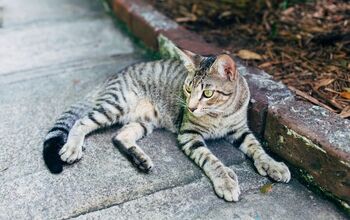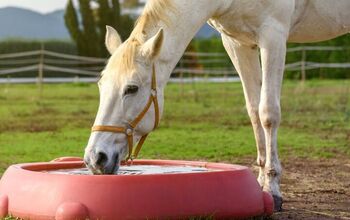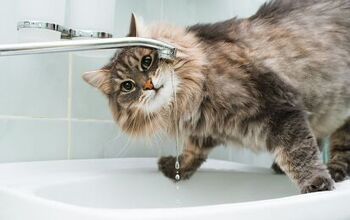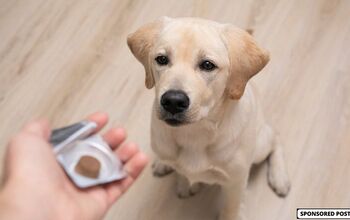Neutering Rottweilers May Shorten Their Lifespan, Study Finds

Increased lifespan is often cited as one of the main benefits of neutering a dog. But is that true? A recently published study found neutered Rottweilers may have a shorter lifespan than their intact counterparts.
Neutering is a commonly performed surgical procedure that prevents unwanted puppies, controls the pet population, and eliminates certain health problems in dogs. It offers significant health benefits, such as reduced risk of pyometra and mammary tumors in female dogs.
However, in recent years, concerns have been raised about the possible side effects of neutering.
A recent study aimed to shed some light on this topic by comparing the lifespans of neutered and intact male and female Rottweilers. Scientists analyzed available clinical records of 3,085 intact and 4,100 neutered Rottweilers from July 1994 to June 2021. These records were collected by VetCompass Australia.
The analysis provided surprising results. Scientists discovered that Rottweilers that were neutered before one year of age had a shortened lifespan of one-and-a-half years in males and one year in females when compared to intact Rottweilers.
The analysis showed similar results for dogs neutered before the age of four-and-a-half years.
“Most other studies have found that neutering dogs increases their longevity but ours is the first that went against that,” said Dr. Caroline Joone, the study’s lead author and senior lecturer at James Cook University in theriogeneology.
“It was a bit of a shock when that wasn’t what we found,” Dr. Joone added. “We were fortunate with the data we had because we could determine when a dog was desexed and when they died.”
Despite the study’s findings Dr. Joone strongly encourages owners to neuter their four-legged companions to prevent unwanted litters, as well as, serious health issues.
“There are serious consequences for not neutering a dog, such as the risk of life-threatening uterus infection known as pyometra, mammary tumors, and unwanted puppies,” Dr. Joone explained.
At this time, it’s unclear whether there is an ideal age to neuter a Rottweiler that doesn’t influence their lifespan.
The study also highlighted several factors that could affect the lifespan of any dog, including nutrition, exercise, health care, genetic predispositions, and environmental factors.
These factors may be reduced by screening for genetic health conditions. Selecting healthy breeding pairs may also help reduce the occurrence of hereditary disorders and support longevity.
Let’s not forget that overweight dogs have a shorter life span than lean dogs.
“There’s a strong suspicion that the reduced lifespan is more to do with weight issues than the neutering itself, so I would encourage owners to go ahead and neuter their dog but make sure you keep it at a good, healthy weight.”
Dr. Joone explained that a balanced diet and regular exercise are essential for maintaining a healthy weight in neutered dogs.
Do these findings apply to all neutered dogs or just Rottweilers? Scientists aren’t sure yet but plan to extend their research to other popular breeds, such as golden retrievers and greyhounds, to determine whether these results are widely applicable.
The role of weight gain post-neutering and other underlying causes of reduced lifespan in neutered dogs are worth investigating further. Additionally, this study also showed that the time of neutering a dog may affect its lifespan.
Dogs are often neutered between six months and one year of age, but mounting evidence has suggested that this may not be the best time to neuter a dog.
Based on this analysis, neutering Rottweilers early, especially before the age of one, reduces lifespan, highlighting the importance of determining the optimal neutering age.
Join the PetGuide community. Get the latest pet news and product recommendations by subscribing to our newsletter here.

Nevena is a freelance writer and a proud mom of Teo, a 17-year-old poodle, and Bob, a rescued grey tabby cat. Since childhood, she had a habit of picking up strays and bringing them home (luckily, her parents didn't know how to say NO). When she's not writing for her fellow pet parents, Nevena can be found watching Teo sleep. To her defense, that's not as creepy as it sounds!
More by Nevena Nacic























